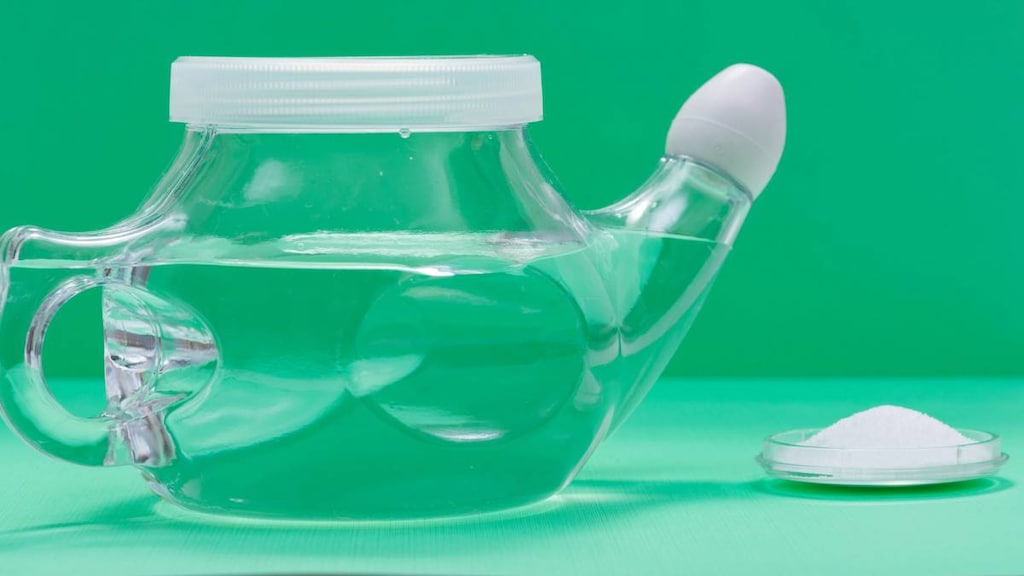
What is sinusitis?
Sinusitis is an inflammation or swelling of the tissues that line our sinuses. Sinuses are air-filled spaces within our skull that help to filter and moisten the air we breathe, give resonance to our voices and make our skull lighter. We have four pairs of sinuses in total, located between the eyes and behind the forehead, nose, and cheeks.
Cells that make up the tissues that line our sinuses have two main functions – they either produce mucus to trap microbes and pollutants or have tiny hairs on their surface called cilia that sweep the mucus out of the sinus through tiny openings called ostia back into the nose.
What causes sinusitis?
Most cases of sinusitis are caused by viruses and occur following a cold or the flu, or are due to allergies or pollutants such as cigarette smoke.
However, it is common for bacteria to also become trapped, so even if bacteria were not the original cause of the sinusitis, they take advantage of the moist, airless environment and quickly multiply, contributing to the symptoms and prolonging the course of the condition.
Acute sinusitis is sinusitis that persists for less than three weeks and occurs no more than three times in one year. Chronic sinusitis is sinusitis that lasts for more than 12 weeks.
What are the symptoms of sinusitis?
Infection, allergy, or pollutants can cause inflammation of the lining of the sinuses, which causes thickening of the mucus and an increase in production. This can clog one or more of the ostia (tiny holes in the skull that allow air and fluid movement), preventing the drainage of mucus back into the nasal cavity. Pressure builds up, and symptoms of sinusitis develop.
Common symptoms include:
- Nasal congestion or a blocked nose
- A thick green or yellow nasal discharge
- Fever
- Headache
- Fatigue
- Facial or dental pain (may feel like a toothache)
- Loss of smell
- Pain that worsens when lying down
How is dinusitis diagnosed?
Symptoms of sinusitis mimic a cold in the early stages and diagnosis can be difficult. However, sinusitis tends to persist long after cold symptoms have resolved and symptoms can last for three weeks or more. Sinus infections are also more likely to cause symptoms such as facial or tooth pain, green nasal discharge, and fever.
Your doctor will ask you about your symptoms and any history of illness leading up to this episode of sinusitis. The doctor will also perform a simple office examination and look into your ears, nose, and throat, and take your temperature.
Other examinations or procedures may be undertaken to rule out other conditions or if the diagnosis is uncertain.
How is Sinusitis Treated?
Sinusitis often resolves itself without any treatment.
However, the following may be considered to speed recovery and prevent chronic sinusitis from developing:
- Saline nasal sprays
- Pain relievers
- Decongestants
- Antihistamines
- Nasal corticosteroids
- Antibiotics if bacteria are present

